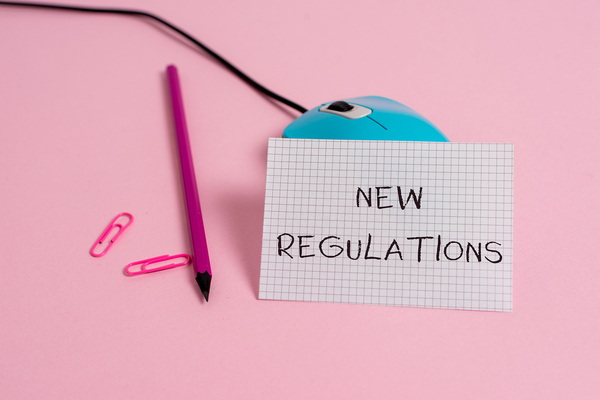Despite the market correction in 2018, the cryptocurrency community continues to grow, ever-increasing its influence. As a result, governments around the world are crafting ways to regulate the blockchain industry.
Some countries are more progressive, while others are more conservative. There are also a select few that have strictly banned the sale of digital tokens and/or use of cryptoassets.
Here, the Bitcoin Market Journal team takes a look at the regulation status of both cryptocurrencies and ICOs/STOs globally. (Be sure to bookmark this page, as our team of researchers regularly updates the status of crypto regulations!)
[table id=52 /]
A lot has changed since the last time we updated this list of international cryptocurrency regulations. China is set to launch its own government-backed digital currency in the coming months while a number of other countries are also exploring central bank-issued digital currencies
More than any other time in history, understanding international cryptocurrency law is essential. It is needed to help investors make sound decisions when investing abroad since cryptoassets have a different legal standing from jurisdiction to jurisdiction. Therefore, knowing the law may save you from prison.
We also need to consider how regulation affects crypto companies, as the innovative blockchain services of these entities’ directly influence the adoption rate of virtual currencies. Regulations could become a hurdle for them in the beginning to near term as they may need to absorb extra costs to become compliant. But for companies who choose to embrace it, regulation may enable faster adoption, and consequently, higher chances of success.
Three Reasons for the Murky Regulatory Environment

The majority of nations do not have an active or specific position on cryptocurrency legislation. There are three main reasons why.
Firstly, cryptocurrencies are fringe issues. While several major nations like the United States and France are actively considering crypto regulations, these laws are low priority and tend to be pushed back or ignored for more major bills or proposals. Typically, cryptocurrency bills must go through several rounds of proposal and consideration before they are finally approved.
Secondly, many of the smaller nations are waiting for the big nations to make up their minds or for mass adoption of blockchain technology to force their hands. This, while frustrating, seems to be prudent. With technology advancement being a moving target, “watch and wait” may be the best option for smaller nations.
Finally, there are nations that feel that cryptocurrencies should not be legislated under any circumstances. Considering the fact that they are not controlled by the country, they believe that regulating them would effectively impose a hardship on the nations’ citizens.
Some nations also feel that cryptocurrency regulations are merely symbolic legislation at best since there’s no way of fully monitoring cryptocurrency transactions, especially privacy coins, due to their encrypted nature.
Despite this, there may be many reasons to regulate. In Japan, for example, the increase in exchange hacks created a financial crisis. In the first six months of 2018, Japanese authorities estimated that $540 million was stolen from Japanese crypto exchanges.
In October, South Korea estimated that crypto exchanges were hacked seven times and there were 158 cases of wallet hacks in the last three years in the country. Most of the hacks were thought to originate in North Korea, which still has tensions with South Korea.
The Takeaway for Investors
For now, it is imperative to track changes to international cryptocurrency law. Taking the temperature of the regulatory environment for ICOs and STOs is a wise course for any investor wading into the space. Keeping an eye on regulatory trends will enable investors to avoid running afoul of the legal requirements that come with investment.
Investors want to make sure that the exchange they are using is safe while their funds and information will not be compromised or misused. However, finding the right balance between regulatory safety and user privacy is still an ongoing challenge.
As for token offerings, it is the responsibility of the investor to do his or her due diligence before investing. While regulations can help to reduce the investment risk, the best risk reduction practice is extensive research and preparation.
The Bitcoin Market Journal can help with that. Our team of investment analysts conducts deep research and analysis of digital currencies and tokens.
Related Articles
- What is Bitcoin? How It Works, in Simple Language and Funny Stories
- Blockchain Investing 101: How to Build Long-Term Wealth in the Digital Asset Markets
- Best Bitcoin and Cryptocurrency Exchanges 2020
Join our community of investors by subscribing to Bitcoin Market Journal today!

